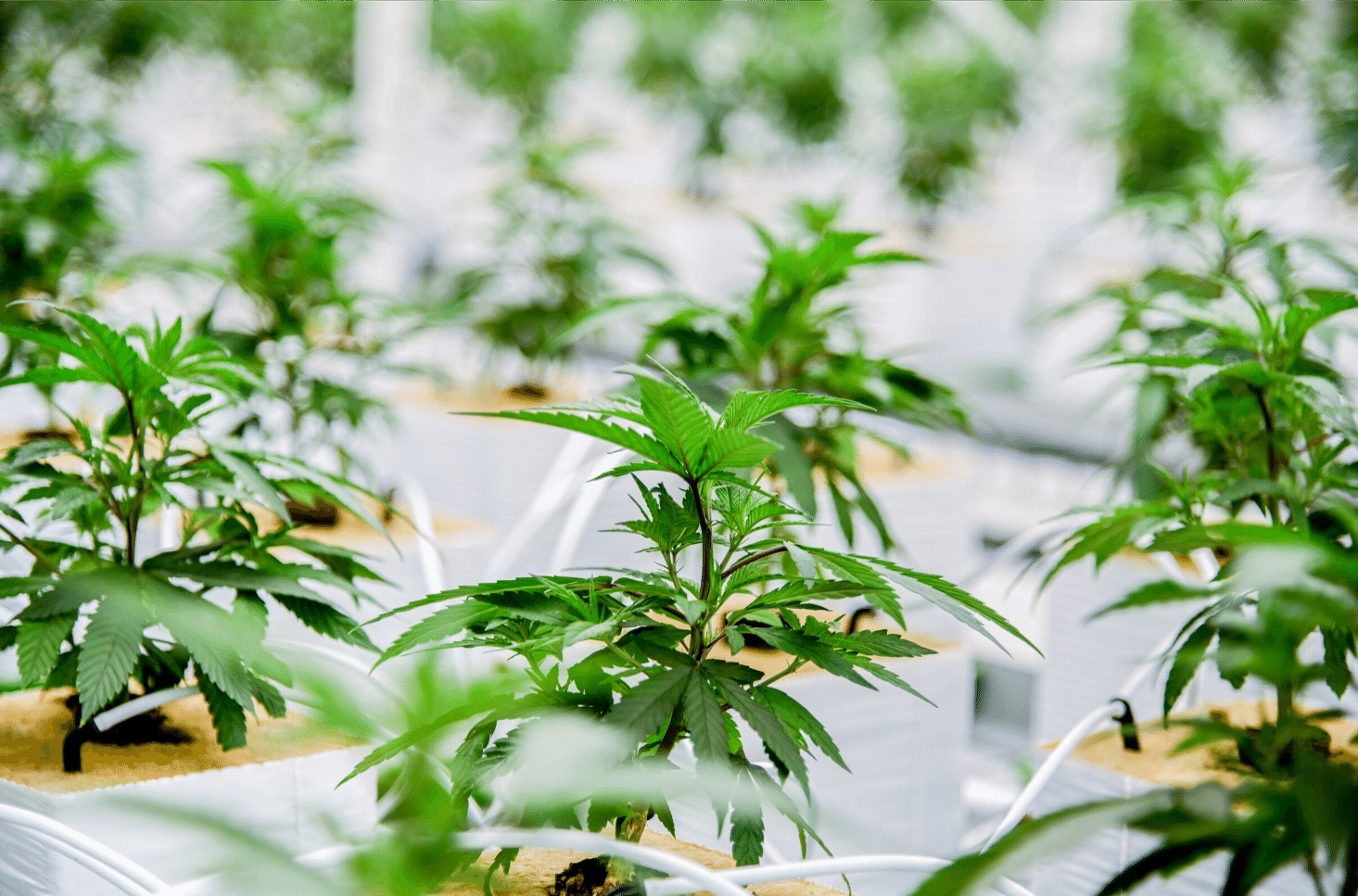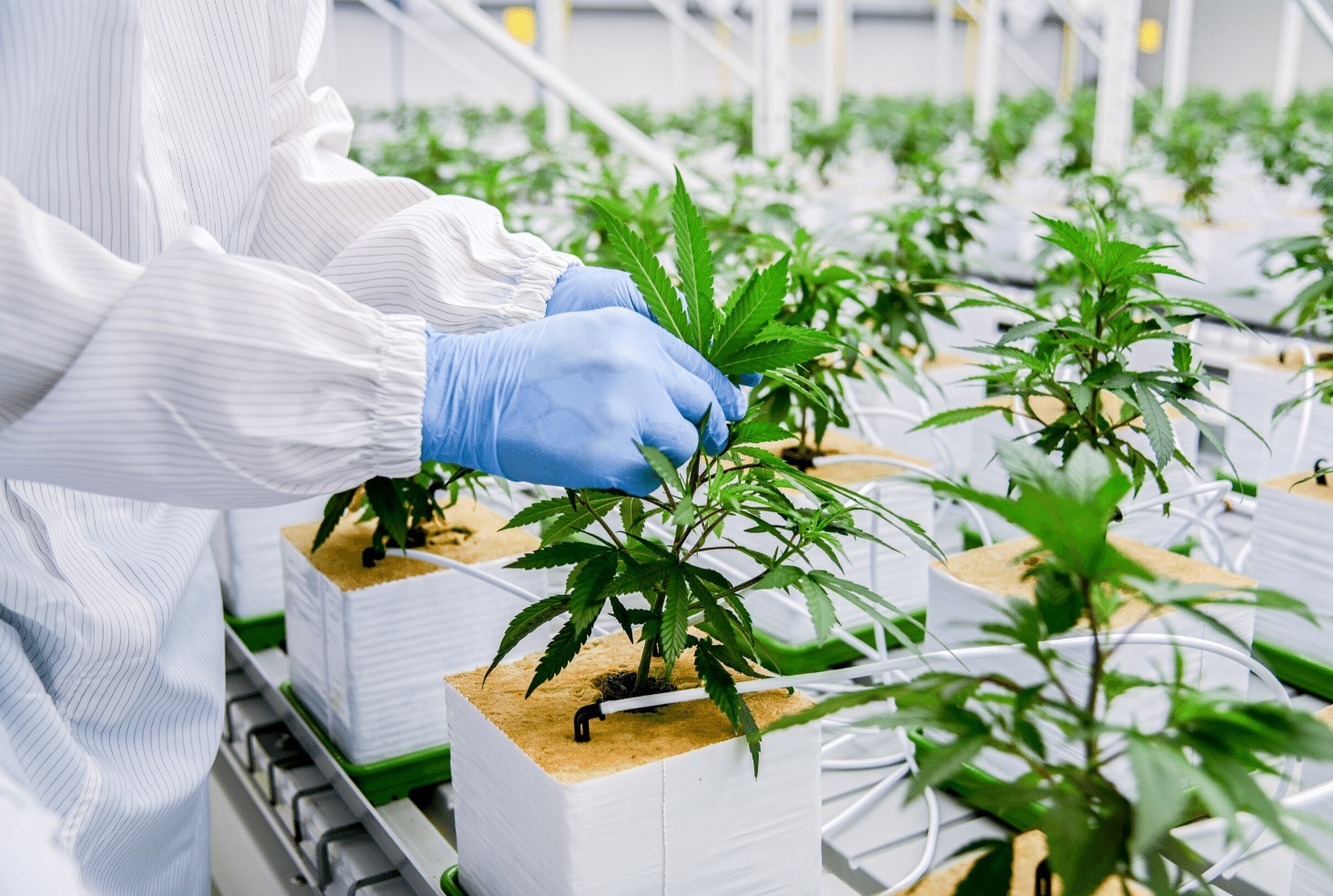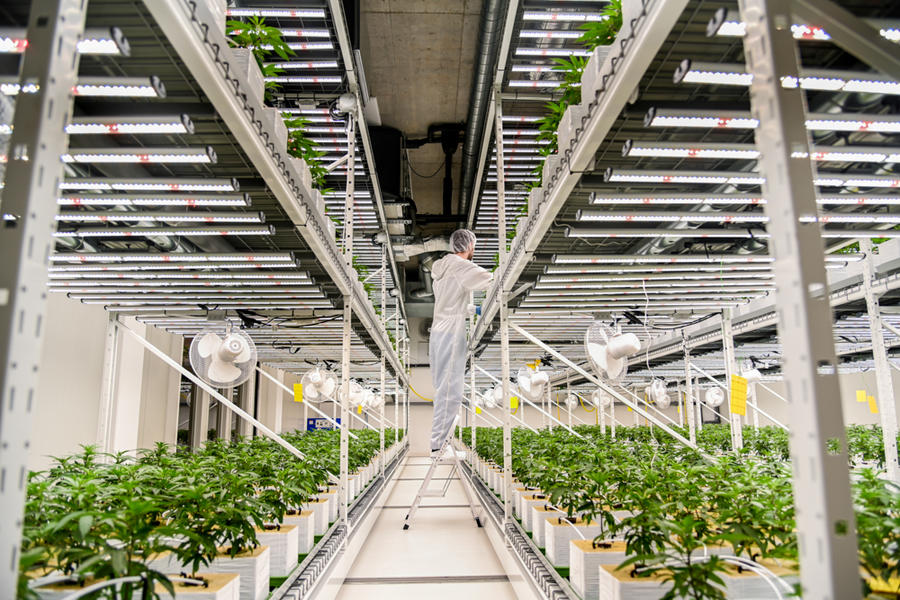Medicinal marijuana in 2020: COVID-19 and more
Insights on vertical farming

Medical marijuana dispensaries respond to COVID-19
The global outbreak of novel coronavirus, known as COVID-19, has left billions of people in self-quarantine and uncertain about the future, including those who use marijuana for medicinal purposes.
In conjunction with federal agencies and the World Health Organization, many states and provinces across North America have taken measures to combat the spread of the virus by closing nonessential businesses, restricting events where people might congregate, and asking families to self-quarantine at home until the worst has passed.
But those who rely on cannabis as medicine have had to keep a careful eye on how their state addresses the operation of this relatively new industry in light of the pandemic. Although recreational sales have widely stopped, states like California, Florida, and New York have classified medical marijuana dispensaries as essential businesses, allowing them to stay open to serve patients, with many even offering curbside pick-up to protect their immunocompromised clientele.
Although this pandemic has already taken the lives of thousands and hospitalized ten times more, it has shown the world exactly who is important in a time of crisis—medical professionals, first-responders, grocery store workers, and, yes, even medical marijuana dispensaries. When the world finally conquers COVID-19 together, we may very well see a shift in public opinion toward marijuana, which could lead to serious legislative changes at the state and possibly federal level.
(For more information on the status of medical marijuana in your state, check out the Marijuana Policy Project here.)

Wins for medical marijuana users in New Jersey
Though overshadowed by coronavirus news, the New Jersey Supreme Court recently weighed in on two important questions that have plagued patients since the first state legalized medicinal marijuana use: Can my employer fire me for using marijuana legally at home after work hours, and will my workers’ comp cover my marijuana prescription?
In Wild v. Carriage Funeral Home Holdings, Inc., a funeral director was fired after disclosing how he used marijuana to manage pain caused by his cancer. But because of a nexus between New Jersey’s Compassionate Use Act and its Law Against Discrimination, the highest court in New Jesey affirmed that employers must accomodate responsible medicinal marijuana users the same way they would accommodate those who use other drugs to treat various illnesses and conditions.[1]
A separate ruling found that employers must also reimburse their employees through workers’ compensation who use medical marijuana to treat a workplace injury. Such an action, the court affirmed in Hager v. M&R Construction, would not violate the Federal Controlled Substances Act.[2] In light of these decisions, New Jersey’s population size, and its likely shifting position on medicinal and recreational marijuana in the coming months, we may soon see other such changes across the rest of the United States.






